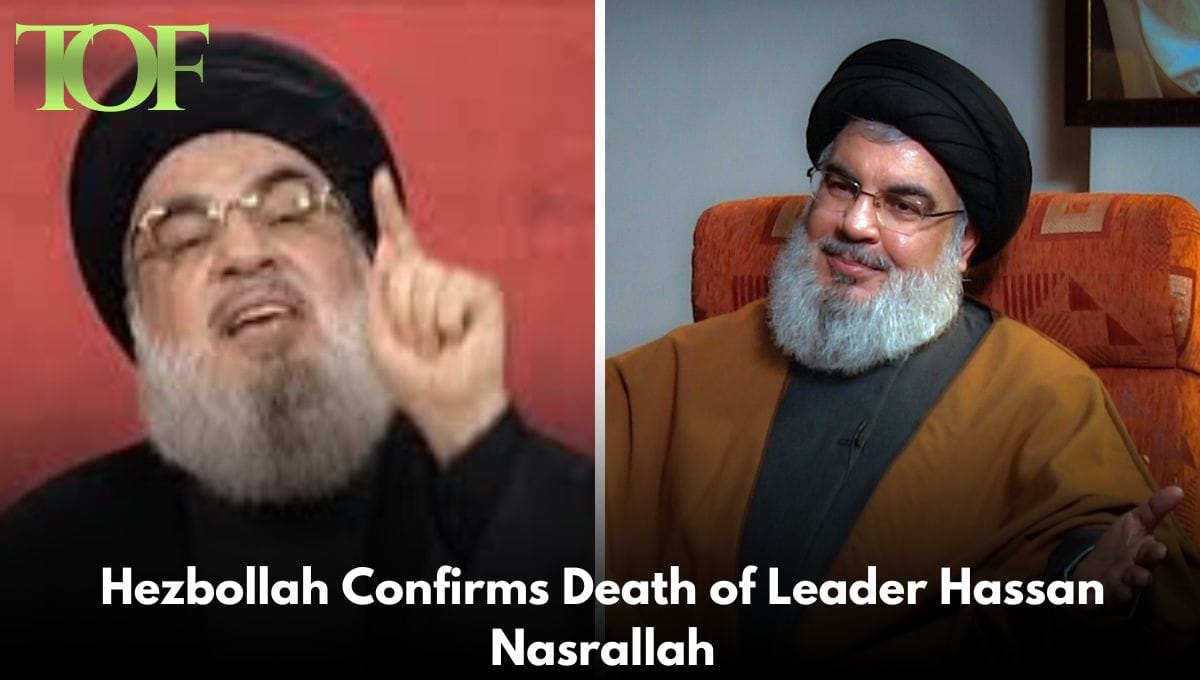Hezbollah has claimed that its leader, Hassan Nasrallah, is dead after an Israeli airstrike in Beirut’s southern suburbs. This is an important blow to the group, which has been an important force in Lebanon for many years and a cornerstone of the Iran-backed “Axis of Resistance” across the Middle East. The group has vowed to fight against Israel, showing no signs of letting up in the face of such tragic losses.
Israel said it had conducted the strike against Hezbollah’s underground headquarters. In addition to Nasrallah, several high-ranking Hezbollah officials, including Ali Karaki, were also reported dead. The operation is part of the Israeli military’s relentless campaign to render mute Hezbollah’s leadership which has been posing a threat.
For three decades, Nasrallah has been the number one figure in Hezbollah’s operations, particularly in terms of the group’s military and political strategy. His death is going to be widely seen as an unprecedented blow not only to Hezbollah but also to Iran, which has been the strongest supporter of the organization. Iran also confirmed that a top Revolutionary Guard commander, General Abbas Nilforoushan, had been killed in the same strike.
He responded to the death of Nasrallah by making a statement that said the group would continue its battle with Israel “in support of Gaza and Palestine and in defense of Lebanon.” The group’s Al-Manar TV aired Qur’anic verses after announcing the death of Nasrallah as a way of showing Nasrallah’s leadership in symbolic importance to Hezbollah supporters.
The situation in Lebanon remains tense, and Israeli airstrikes have escalated recently. Skies over the southern Beirut suburbs have become jammed with sonic booms and explosions, and residents have fled en masse in recent days. International pressure on de-escalation has risen as thousands of people fleeing war-torn areas swell refugee camps and other places of refuge abroad, yet little indication seems to suggest bloodshed will cease anytime soon.
His death raises questions about the future of Hezbollah’s leadership but also questions the larger stability of the region because hostilities between Israel and Hezbollah are far from over.
As both sides look forward to further intensification, the shockwaves of Nasrallah’s killing would be felt around the Middle East and could impact Iran-aligned groups in the region. Meanwhile, the fighting fails to let up: Lebanon as well as Israel, both suffer heavy casualties and damage from continuing exchanges.
To Read More: Global News

